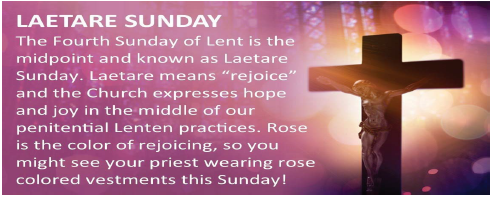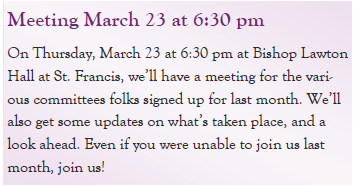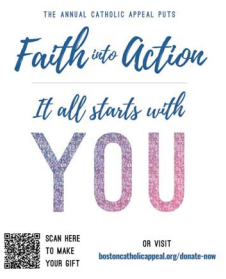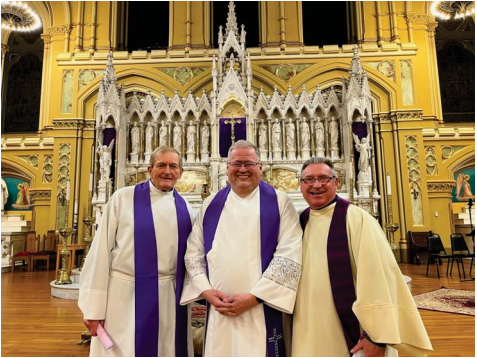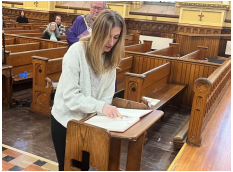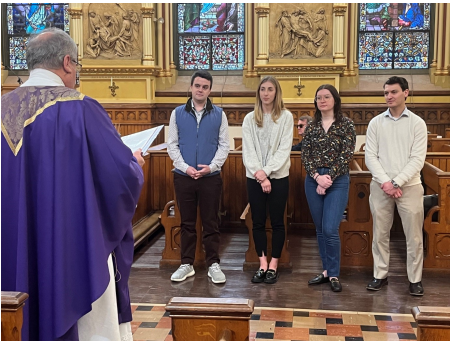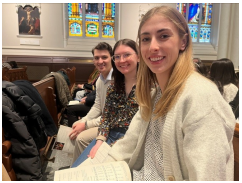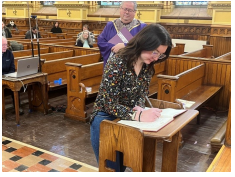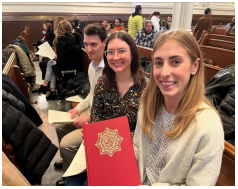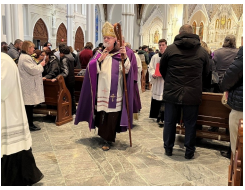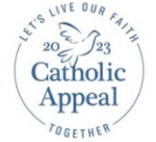From Our Pastor
https://stmarystcatherine.org/wp-content/themes/osmosis/images/empty/thumbnail.jpg 150 150 Charlestown Catholic Collaborative Charlestown Catholic Collaborative https://stmarystcatherine.org/wp-content/themes/osmosis/images/empty/thumbnail.jpg
I love to go to New York City- it’s always exciting, I visit the places I used to read about and revisit the places I’m so familiar with, there’s always something new in the Big Apple. It’s home to so many people, cultures, languages, and ways of life- it is the crossroads of our country, and our world.
At the end of the day, though, I’m always happy to go home to Boston- where so many people I love, and places are familiar and warm to me are, and always will be. I love to wander in this world, but my heart is never far from home.
Jerusalem is something like modern day NYC- it’s a touchstone to so many, but with all its glory and majesty, it’s not our home- ours is the Kingdom of Heaven. We pause alongside Jesus as we enter the city with Him and take in all that surrounds us, but these days of Holy Week call us to a deeper journey of our hearts, minds, and souls. These days will inspire and challenge us, but will lead us to victory, the victory that will lead us back to our true home, the fullness of the Kingdom of Heaven Jesus has won for us through the Cross.
On Holy Saturday night, at the Vigil at St. Mary’s, Kendal and Hannah, who have been preparing for months for this Holy Week, will be brought through the Sacraments of Initiation, please pray for them as they take these final steps on their journey with us- to our forever home!
GET YOUR CLOTHES TOGETHER!
Something is coming in May with our Society of St. Vincent de Paul! As you’re doing your spring cleaning, collect your gently used clothing and shoes and bring them to the parking lot of St. Catherine’s Rectory over the weekend of May 20-21 and help us help others!

